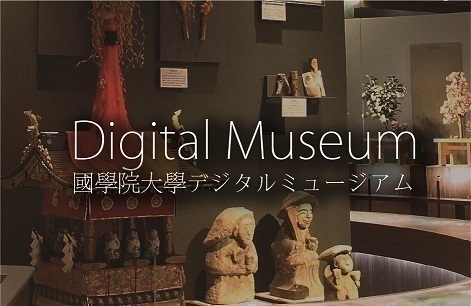- トップ
- Encyclopedia of Shinto
- Abe no Seimei
Encyclopedia of Shinto
| Main Menu: | |
| Links: |
詳細表示 (Complete Article)
| カテゴリー1: | 8. Schools, Groups, and Personalities |
|---|---|
| カテゴリー2: | Personalities |
| Title | Abe no Seimei |
| Text | (921-15) Mid-Heian-period master of on'myōdō and founder of the Tsuchimikado clan. Generally believed to have been born in the province of Sanuki (present-day Kagawa Prefecture), and purported to have been the descendant of Abe no Kurahashimaro, Minister of the Left. Taught by father-and-son Yin-Yang masters Kamo no Tadayuki and Kamo no Yasunori, Abe became versed in the traditions of Yin-Yang divination and astronomy. He held successive court appointments including tenmon hakase (Doctor of Astronomy), daizen dayū (Superintendent of Supplies to the Imperial Kitchen), sakyō no dayū (or kami, an administrative rank with responsibility for the left half of the capital) and Harima no kami (Protector of Harima Province), and was conferred the Lower Junior Fourth court rank. Tales of his life are replete with legendary and mystical episodes in which he revealed a talent for divination (uranai). Popular collections of tales like Konjaku monogatari and Uji shūi monogatari include stories describing Abe's use of divinatory techniques, generally portraying him as a person of extraordinary paranormal powers. These tales particularly emphasize his ability to channel the familiar spirits called shikigami. He is unreliably credited with having written the five-volume Hokinaiden, which details secret techniques of divination. One theory maintains that Abe passed away at the age of eighty-five on the twenty-sixth day of the ninth month of 1005, but no account has gained universal acceptance. He is attributed with having written many texts, and one that clearly bears his name is a volume of the Senji ryakketsu, which details six thousand forecasts and thirty-six fortune-telling techniques based on divination through use of shikigami. Fortunes relating to everyday issues such as prenatal determination of an infant's sex, matters of personal conduct, and the location and reclamation of articles lost to theft make up the majority of this work. See also Tsuchimikado Shintō. -Inoue Nobutaka |




